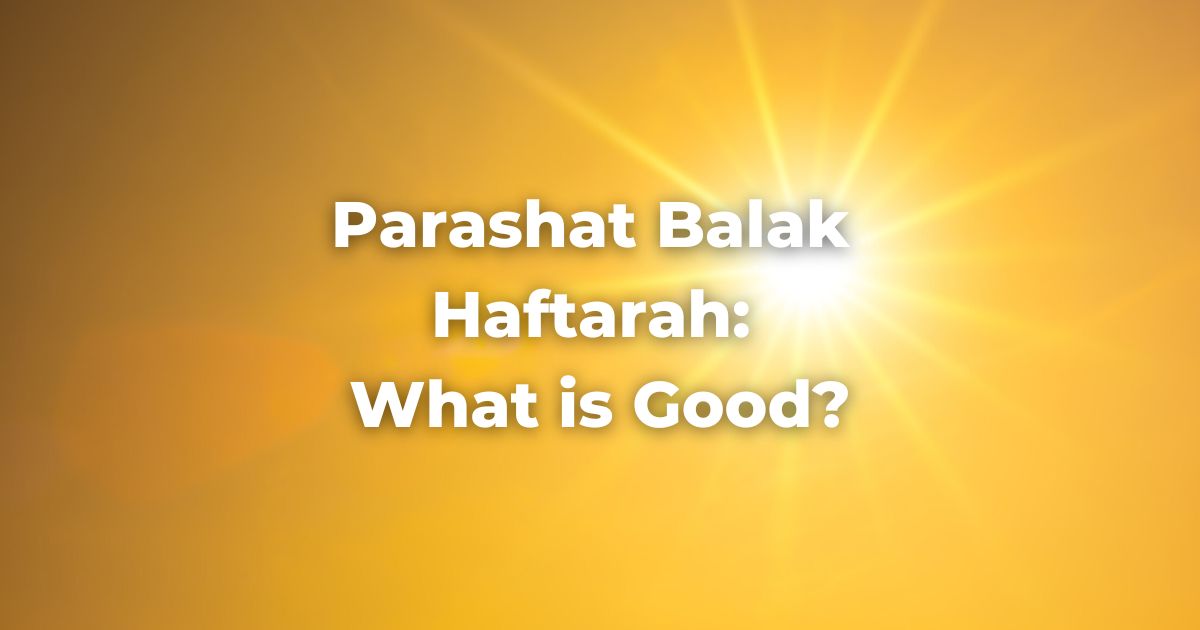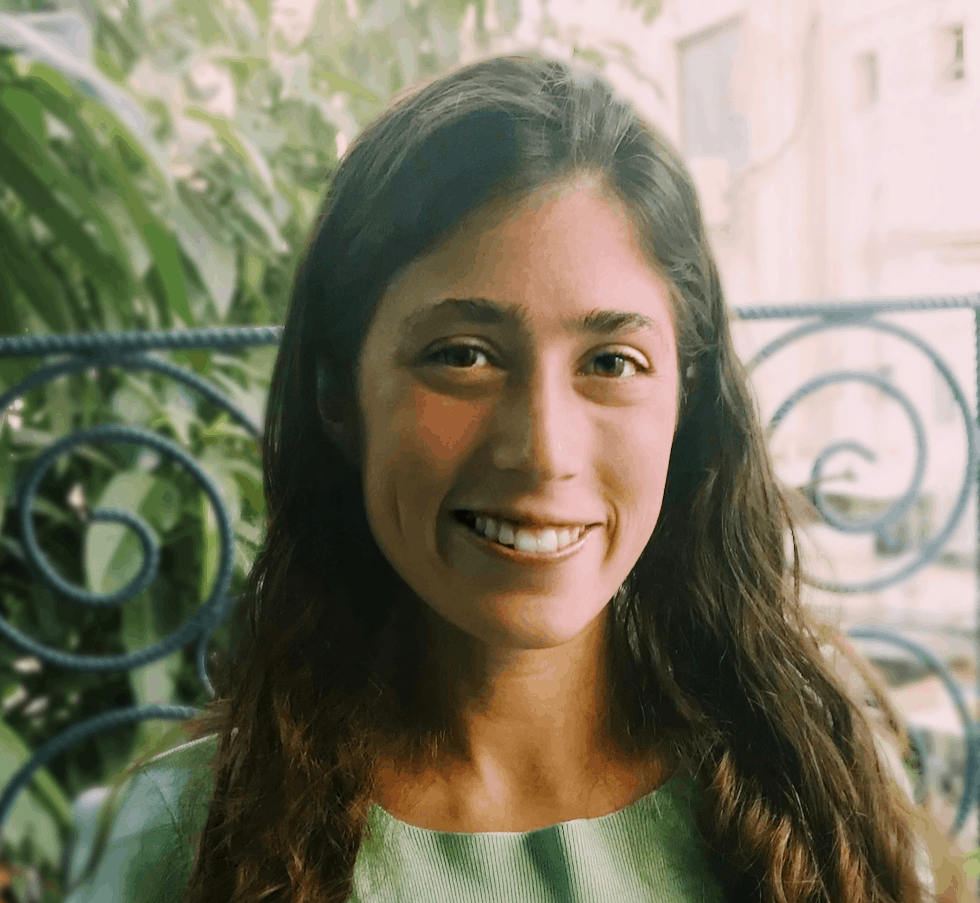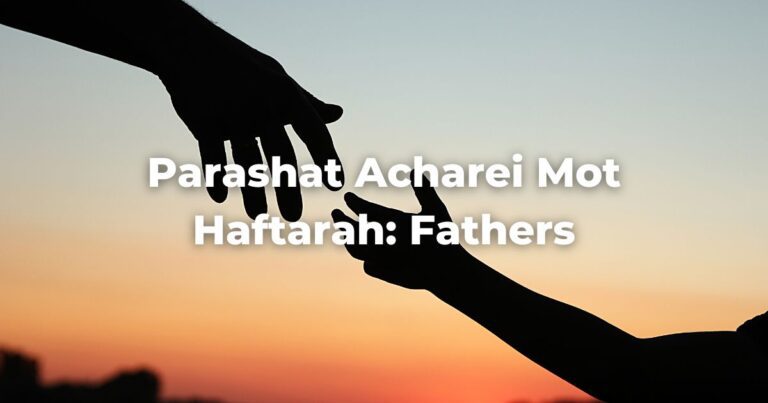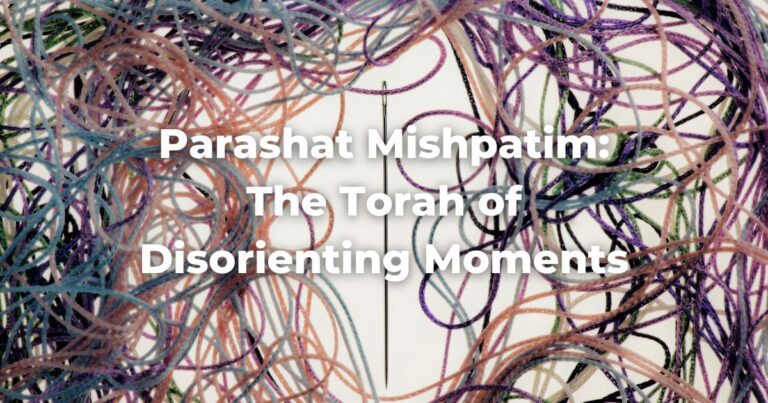There is something disturbing in hearing basic tenants of human decency presented as if they are revelatory.
Human Decency and Ethical Behavior
Shouldn’t we know these already? Have we still not figured out how to live together? Are these sayings directed at someone else, someone who isn’t me, who has messed up?
Because there is an assumption that we, the civilized, the educated, the thoughtful, don’t need to hear this again.
In this week’s haftarah from the Book of Micah, we come across just this sort of description. In a rejection of meaningless sacrifice and especially the sacrifice of children, the text communicated what we ought to be doing instead. We read, as translated by Robert Alter:
“It was told to you, man, what is good [ma tovu]
and what the LORD demands of you—
only doing justice and loving kindness
and walking humbly with your God.”
The Book of Micah likely occurs around the time of the destruction of the Northern Kingdom.
This is not an early book. And yet, we still need reminding not to engage in child sacrifice. We still need reminding that sacrifice without ethical behavior is not good enough. We have been told what is good but we need telling again.
Being Told What is Good
In our parasha, Balaam sees what is good in the eyes of God and opens his mouth to bless us, telling us what the good is.
He says, as translated by Alter, “How goodly [ma tovu] your tents, O Jacob, your dwellings, O Israel!”
The phrase is echoed in Song of Songs, where we read one lover addressing the other with the words, “How good is your love, better than wine.” Good is Israel, good is love. Good springs from God and from relationship. Balaam the non-Israelite knows it and the heated lovers in Song of Songs know it.
So why are we still figuring this out in the Book of Micah? Why is child sacrifice still a possibility we need to mention at all?
Our haftarah portion begins with two possibilities for what function Israel serves for the rest of the world.
The first is to be dew from God, the second is to be a vengeful lion.
We either nourish and heal or destroy violently. It’s reminiscent of MishnahA collection of rabbinic teachings edited in Israel around 225 CE. Organized in six sedaraim by subject matter and dealing with both ritual and civil law. Both the Jerusalem and Babylonian Talmud are expansive discussions of the Mishnah. Read more Berakhot 9:5, the requirement to bless the bad as well as the good. Israel’s actions as healer or destroyer are both deserving of blessing and both servre a purpose.
But, when we act as holy destroyer, we risk losing our hold on our humanity. So we remind ourselves of what is good, rather than just what is necessary. Goodness is dwelling in tents and walking with God.
Goodness is aspirational.
We have to keep reminding ourselves what goodness is not because we forget or because we live among evil people, but rather because we are living in a world where children are killed and we are required to respond as both healing dew and destructive lions.
See more: Parashat Balak
Originally posted as part of the Conservative Yeshiva at the Fuchsberg Jerusalem Center’s Torah Sparks. Support TorahRefers to the first five books of the Hebrew Bible, the Tanakh, also called the Five Books of Moses, Pentateuch or the Hebrew equivalent, Humash. This is also called the Written Torah. The term may also refer to teachings that expound on Jewish tradition. Read more learning from the Fuchsberg Jerusalem Center/Conservative Yeshiva for leaders and seekers around the world here.
Authors
-

Bex Stern Rosenblatt is the Conservative Yeshiva’s Faculty-in-Residence for the Mid-Atlantic Region of the United States, teaching Tanach, using the techniques of close-reading, theater, feminist readings, and traditional commentators. Bex also directs the CY’s recruitment efforts in North America. After finishing her B.A. in History and German at Williams College, Bex received a Fulbright Grant to Austria. She later earned an M.A. in TanakhAn acronym for the name of the Hebrew Bible: Torah, Neviim, and Ketuvim. Read more from Bar Ilan University and has also studied at the Conservative Yeshiva and Bina Jerusalem. Bex is the founder of HavrutaA study partner. A hevruta is more than just a ‘study buddy’ it is a serious and personal relationship between colleagues. Also spelled: Havruta Read more Tel Aviv, an organization that facilitates guided pair-learning of the Tanakh.
View all posts -



The Fuchsberg Jerusalem Center (FJC) is a home in the heart of Jerusalem where leaders and seekers can find an authentic place in Jewish tradition to call their own. FJC offers opportunities to study, pray and explore within an egalitarian and inclusive setting, creating multiple pathways for finding personal and communal meaning.
View all posts






